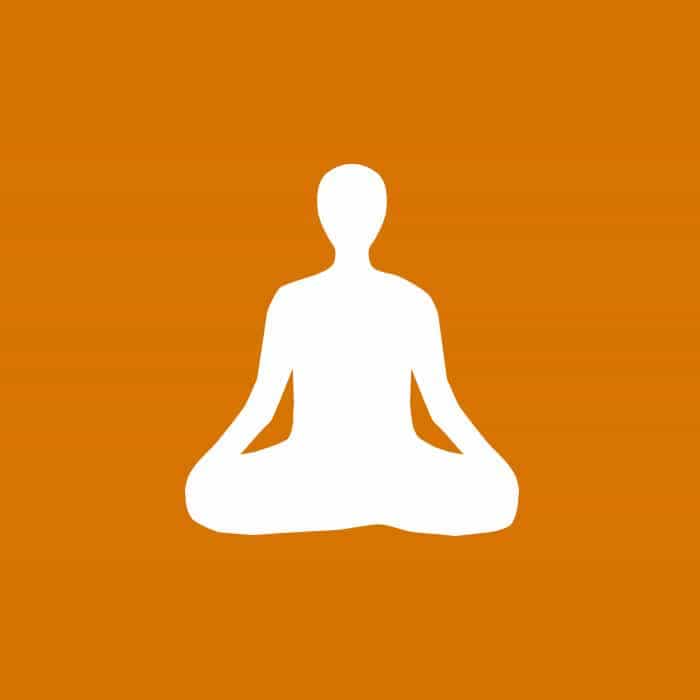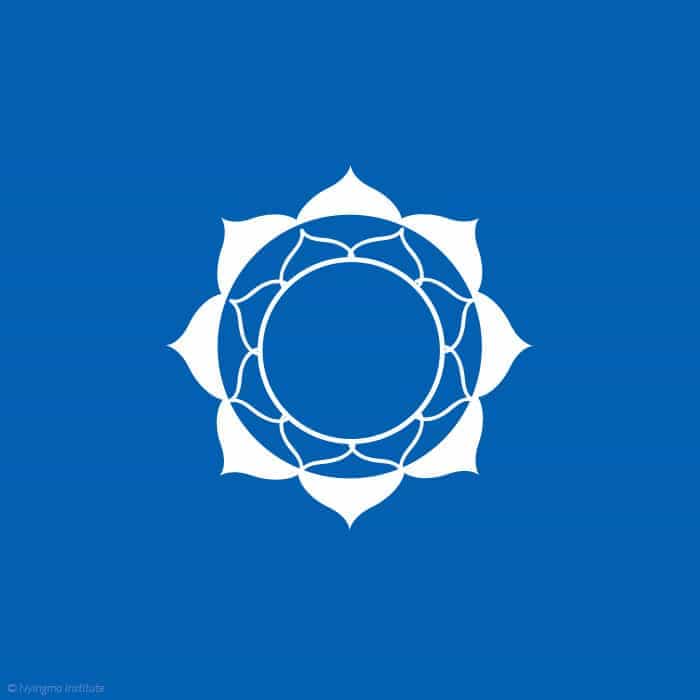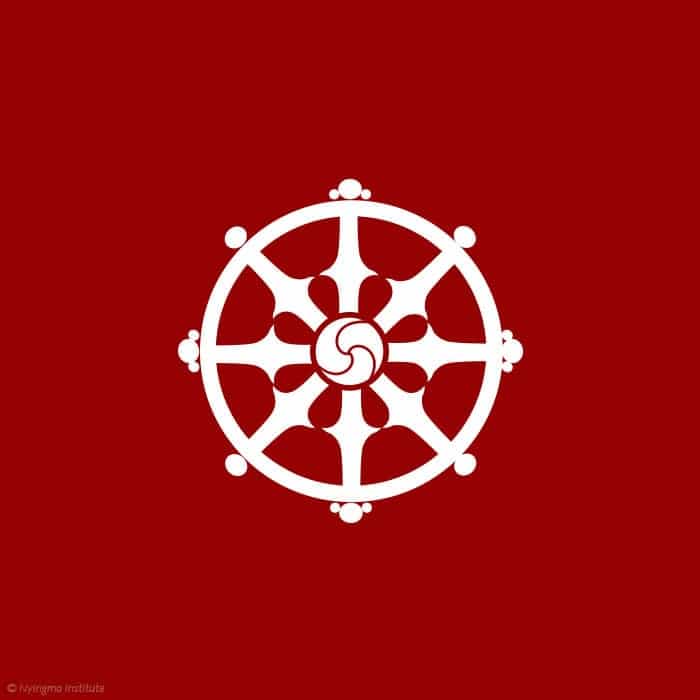Fields of Study
At the Nyingma Institute, you can explore multiple, inter-related fields of study. Together, these fields of study allow students to cultivate a depth and breadth of understanding that yields profound insight and lasting transformation.

Nyingma Meditation
The insights and qualities of mind that are developed through meditation provide the basis for progress in all areas of study. Nyingma Meditation offers a wide range of techniques that help students move quickly into states of serenity and insight. Classes in meditation include instruction in silent sitting, walking meditation, mantra, visualization, and other traditional practices.

Nyingma Psychology and Practices
Students in these courses study the nature of consciousness; identify patterns of thought, feeling, and emotion; and examine the connection between “inner” and “outer” experience. The methods presented promote incisive awareness of mental events, transform negative mental patterns, sustain the dynamic of meditation, and bring the benefits of meditation into daily life.

Kum Nye (Tibetan Yoga)
The practice of Kum Nye, a unique healing system based on Tibetan medicine and body-mind disciplines of Buddhism, provides a doorway to insight and meditation. The Kum Nye system presented at the Institute was developed by Tarthang Tulku specifically to help Westerners overcome problems with stress or difficulties in entering meditation. The massage and movement exercises of Kum Nye shape a path of physical ease and meditative calm that stimulates mental and physical energy. Joining conceptual thought with direct experience, Kum Nye exercises heal the separation between body and mind and promote a relaxed, natural awareness that easily leads to meditative concentration.

Buddhist Studies
At the heart of the Institute’s programs are courses in traditional Buddhist Studies that present the nature of the Buddha, Dharma, and Sangha; Abhidharma, the study of mind and mental events; the Bodhisattva path and the six perfections; and other related topics. Our premier Buddhist Studies course is the two-year Path of Liberation Program.

Tibetan Language and Culture
Classical written Tibetan is taught at beginning, intermediate, and advanced levels. Studying classical Tibetan opens the door to the treasure-house of the Dharma. Tibetan literature includes thousands of translations of Sanskrit texts from India—many of them lost in their original language—and twelve centuries of writings by Tibetan masters. At all levels of study, students are introduced to sacred literature. Beginning with short prayers and visionary poems, students progress to texts such as the Heart Sutra, Shantideva’s Bodhicaryavatara, and the beginning chapters of Longchenpa’s Ngal-gso-skor-gsum.

Skillful Means
Developed by Tarthang Tulku and taught at the Nyingma Institute since 1974, Skillful Means fosters ways of working that inspire creative accomplishment. Courses in Skillful Means offer effective techniques for enjoying work while meeting personal and career goals; using work as a means to self-knowledge; and developing mastery through the transformation of awareness, concentration, and energy.

Time, Space, and Knowledge
Courses in the Time, Space, and Knowledge (TSK) vision offer a creative and dynamic approach to the basic elements of our existence that provide energy, opportunity, and insight—the building blocks of a meaningful life. The vision of the TSK series of books inspires students to apply their understanding to the most important questions and the greatest opportunities in human life. The courses and workshops shine the light of knowledge on ordinary experience, freeing participants from bondage to routine and revealing each moment as an opening to new and more liberating perspectives on self and world.